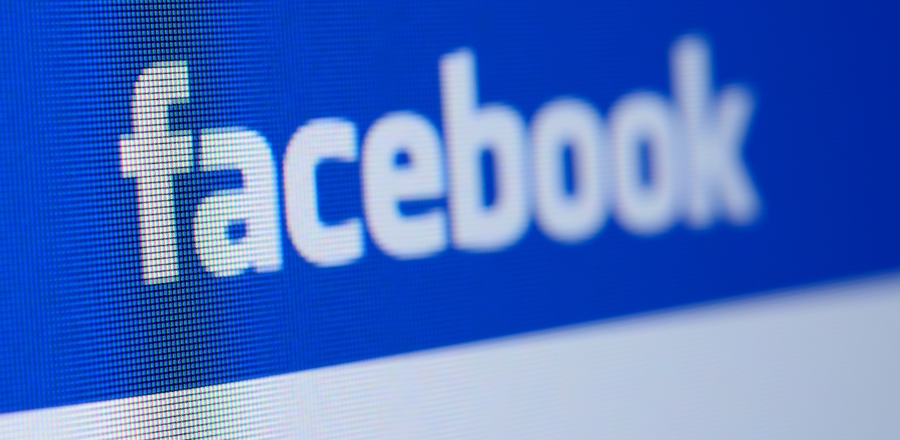
With the increased use of smart phones and tablets, along with the countless social media apps and sites that are springing up left and right, people are more connected than ever before. We’re sharing more and more online, without necessarily stopping to consider the long-term consequences that their Facebook post, Tweet, Snapchat message, or Facebook post might have. To put it simply, if you use social media and are, or potentially could be, involved in a lawsuit, the effects can be detrimental.
Social Media and a Lawsuit
For example, one man reached a settlement in an age discrimination lawsuit with a preparatory school and was so happy about it, he rushed home to tell his family the good news. His daughter shared in the excitement, and decided to post about it on Facebook.
She had over a thousand Facebook friends who could have potentially seen the post. It turns out, the settlement agreement contained a confidentiality clause.
The preparatory school found out about the post and argued it was a breach of the confidentiality clause and refused to pay any of the settlement amount. The court agreed with their decision not to pay due to the violation. One simple online post cost this family $80,000.

Further, in 2010, 81 percent of divorce attorneys surveyed by the American Academy of Matrimonial Lawyers said, they had seen a drastic increase in the use of social networking evidence in divorce cases for the previous five years. Those same attorneys cited Facebook as the number one source for finding online evidence to be used in divorce proceedings.
Social Media and a Personal Injury Case
Let’s look at a personal injury lawsuit. There are variety of factors that affect such a case, including the severity of the injuries, prior existing conditions or injuries, the effect the injuries have on a person’s ability to work, the negligent acts of each party, and statements made by the parties. Here’s a quick scenario on how those factors may be affected by a “harmless” social media post:
You get hit by another person’s car while driving to work. You go to the doctor because of back pain and have to take a week off of work to recover. You file a lawsuit, claiming damages for your injuries and lost wages. During that week, you started to feel better but didn’t quite want to return back to work. But you did want to go see that movie that just came out, and go shopping a bit, and go for a run since the weather was just so nice. You checked in at the local theater, Tweeted about the great sales you found at the mall, and tracked your run via your fitness app that automatically posted to Facebook.
Your lawsuit proceeds, and suddenly, you’re facing questions about the severity of your injuries and your inability to work because the insurance company who insures the person you sued for hitting you got access to your social media accounts and saw your activity. Your arguments and claims are now greatly affected and undermined by your “harmless” social media activity.

Don’t let this happen to you. Here are some simple social media precautions to take:
1. Make sure your social media accounts are set to “private”.
2. Do not accept friend requests or invitations from people you do not know.
3. Closely monitor the photos and videos you post, as well as the photos and videos others tag you in.
4. Do not post anything about your lawsuit on social media.
Before you post, think about it. Then think about it again. Then decide if it is truly appropriate or wise to post on social media.









